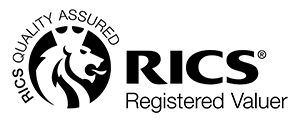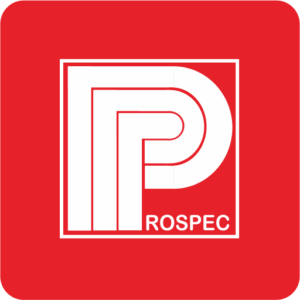
Market Rent Valuation
Market Rent refers to the rental value of all types of property, not just land. Renters look to earn income through rent, hence, one should consider the market value criteria before listing. Other questions include the period of the lease, short or long term? Appraising the market rent of the land or land with buildings and improvements that have been utilized in order to use upon the making of the rental contracts, can be done by conducting a market survey of the appropriate market return rate which is also known as ‘Yield’ in the land area. This requires the rental rate in the market that has been offered for rent or even has already been rented and divided by the base of the market price of land which will give you a percentage of the rental yield. If there are numbers of data, it will be a huge benefit in terms of making a comparison regarding the strength/ weakness and it will be much easier to summarize the market rent or the land. On the other hand, for land with buildings and improvements that have been utilized in each form, it depends on the condition of each specific building whether the rent is for both land and buildings or separate as this must be considered in the form of ownership whether it belongs to the renter or landlord. Usually, if we consider the utilization in the form of the building that is ready to be utilized, we will have to look at the potential of generating income for that property by using the ‘Income Method’ as the key valuation method.







